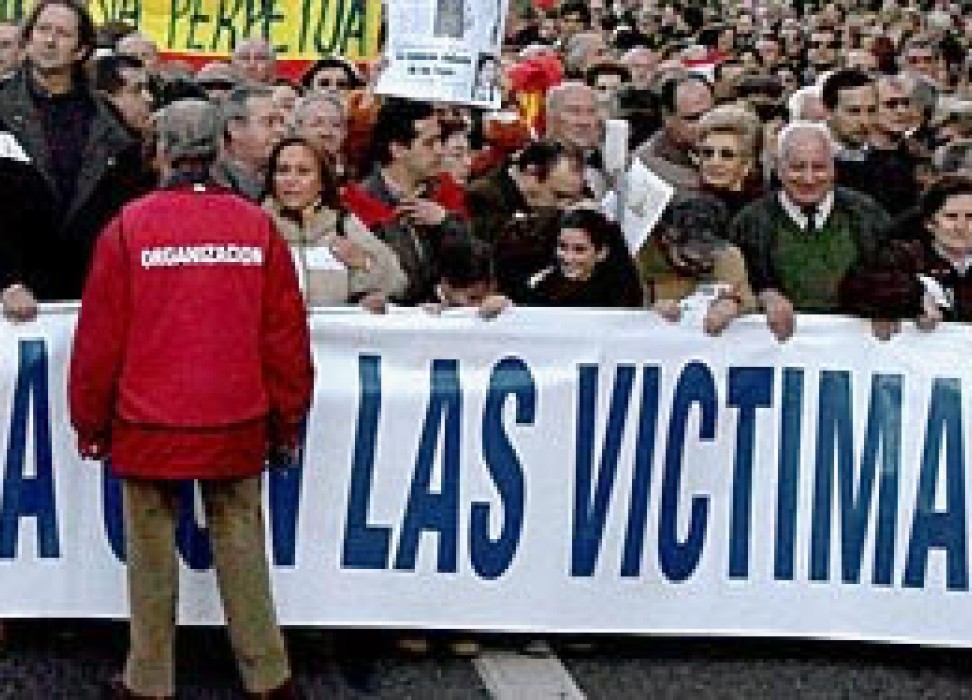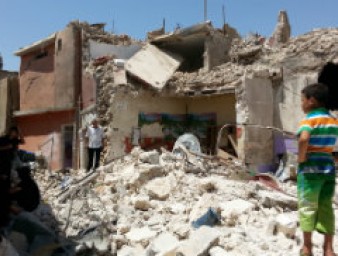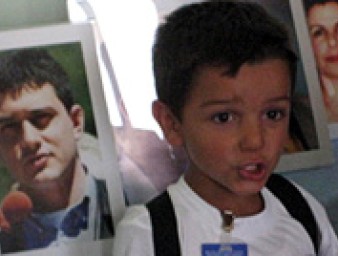UN expert on counterterrorism urges for international action for victims’ rights, their protection and compensation
05 July 2012

“Terrorism has a very real and direct impact on human rights, with devastating consequences for the right to life, liberty and physical integrity of victims and their families. States therefore have an obligation to ensure the human rights of their nationals and others by taking positive measures to protect them against the threat of terrorist acts and by bringing the perpetrators to justice in fair and public trials before independent and impartial civilian courts.” This was contained in a statement by Ben Emmerson, the Special Rapporteur on the promotion and protection of human rights and fundamental freedoms while countering terrorism at the presentation of his latest report at the Human Rights Council.
He informed the audience that while the international community knows of these deaths as statistics, “The world knows very little, or nothing at all, about the human tragedies that lie behind each and every one of them. The human cost of terrorism has been felt in virtually every corner of the globe”.
The Special Rapporteur called on international recognition of victims of terrorism as individuals whose fundamental human rights have been violated. He recommended the adoption of a specific international instrument, negotiated under the auspices of the UN on the rights of victims of terrorism to strengthen international efforts towards an effective global counter-terrorism strategy. He urged world governments to adopt a single international legal framework setting out the rights of victims of terrorism and the corresponding obligations on States.
Emmerson also called on all States to voluntarily accept a new binding international obligation to provide compensation and other forms of reparation and support to all victims of terrorism.
The ‘Framework Principles’ he outlined set out a series of rights that are already recognised by regional human rights bodies concerning States’ obligations to reasonable care to prevent acts of terrorism from occurring; to prompt, independent and impartial investigations, with a view to securing accountability and learning lessons for the future. “They have not so far been fully protected on the international plane”. “Over the past decade, international human rights law has undergone a crisis of public and political confidence,” Emmerson added. “By making it clear that the law is there to protect the victims and not just those who are suspected of terrorism, the international community can start to restore those basic principles of human rights law that have taken such a sustained battering.”
He further added that the principles urge States to ensure that victims of terrorism have an adequate opportunity to participate in the fair and public administration of criminal justice. And to ensure that privacy and physical integrity of the survivors and families are protected and their rights guaranteed to form representative organisations.
The Special Rapporteur also encouraged States to consider his proposals in the upcoming review of the UN Global Counter-Terrorism Strategy which is due to take place at the General Assembly in New York.
The Global Counter-Terrorism Strategy encourages Member States to consider putting in place national systems of assistance that would promote the needs of victims of terrorism and their families and facilitate the normalization of their lives and protect the rights of victims of acts of terrorism.
VIEW THIS PAGE IN:



